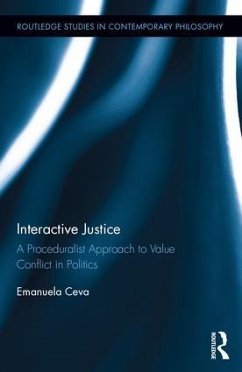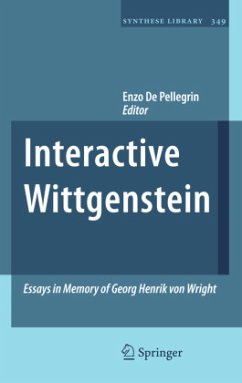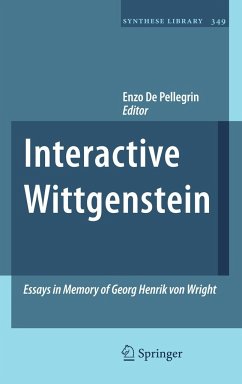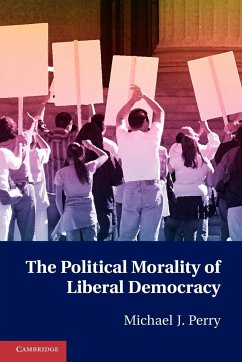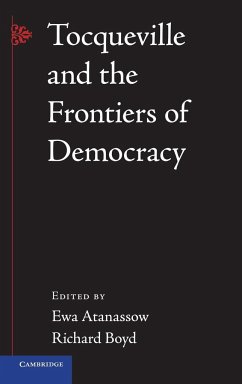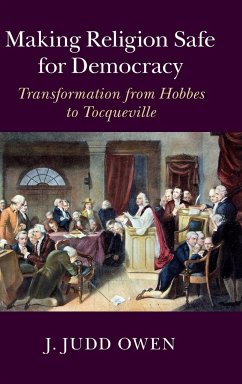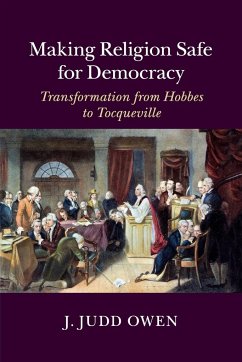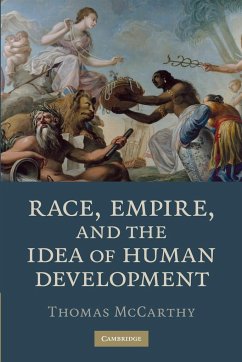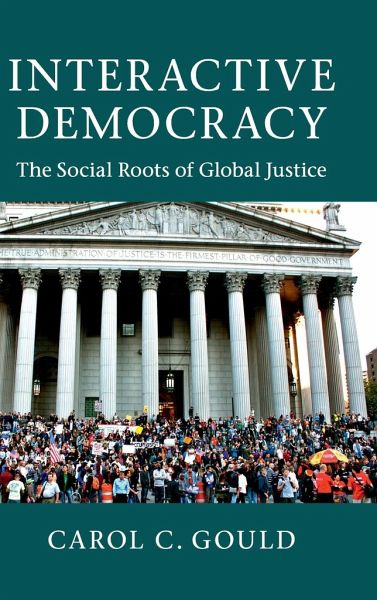
Interactive Democracy
Versandkostenfrei!
Versandfertig in 1-2 Wochen
87,99 €
inkl. MwSt.
Weitere Ausgaben:

PAYBACK Punkte
44 °P sammeln!
How can we confront the problems of diminished democracy, pervasive economic inequality, and persistent global poverty? Is it possible to fulfill the dual aims of deepening democratic participation and achieving economic justice, not only locally but also globally? Carol C. Gould proposes an integrative and interactive approach to the core values of democracy, justice, and human rights, looking beyond traditional politics to the social conditions that would enable us to realize these aims. Her innovative philosophical framework sheds new light on social movements across borders, the prospects ...
How can we confront the problems of diminished democracy, pervasive economic inequality, and persistent global poverty? Is it possible to fulfill the dual aims of deepening democratic participation and achieving economic justice, not only locally but also globally? Carol C. Gould proposes an integrative and interactive approach to the core values of democracy, justice, and human rights, looking beyond traditional politics to the social conditions that would enable us to realize these aims. Her innovative philosophical framework sheds new light on social movements across borders, the prospects for empathy and solidarity with distant others, and the problem of gender inequalities in diverse cultures, and also considers new ways in which democratic deliberation can be enhanced by online networking and extended to the institutions of global governance. Her book will be of great interest to scholars and upper-level students of political philosophy, global justice, social and political science, and gender studies.





